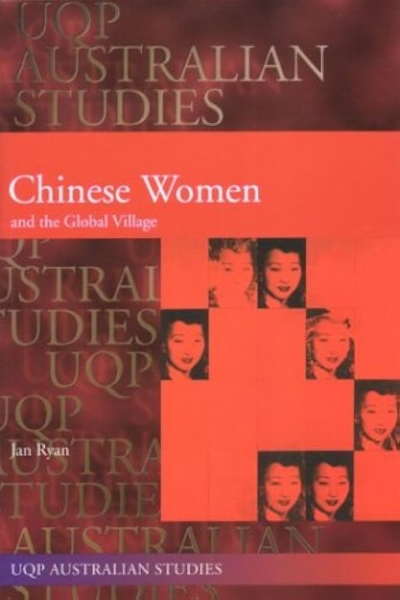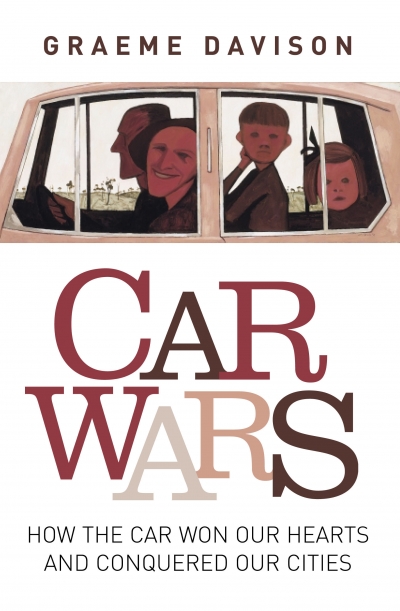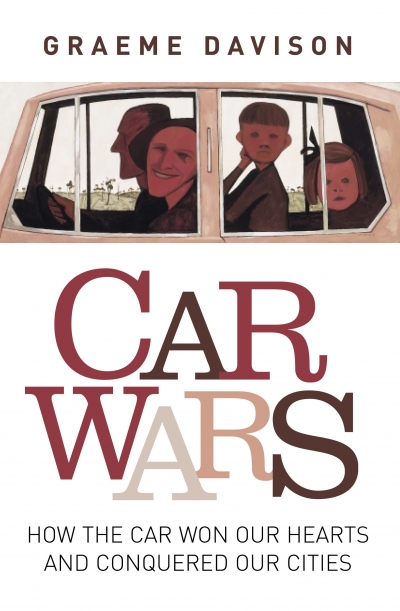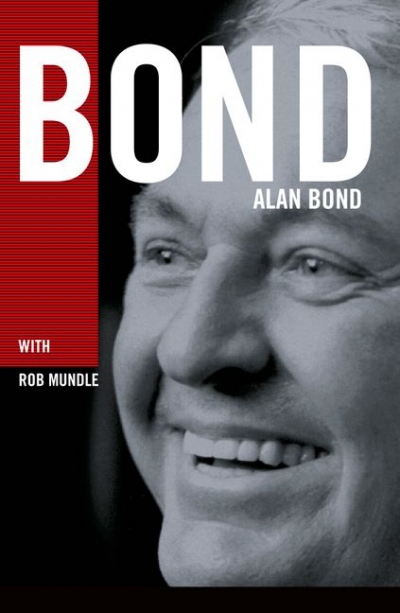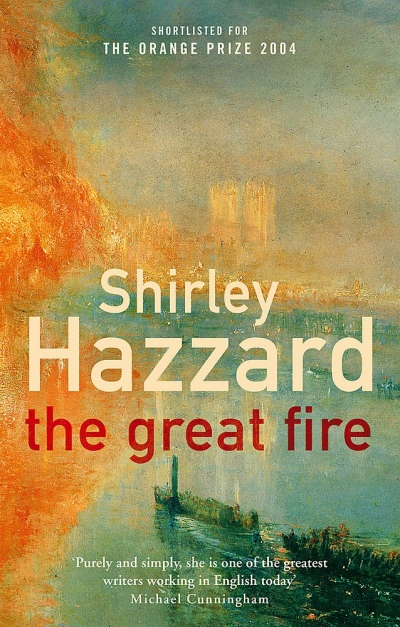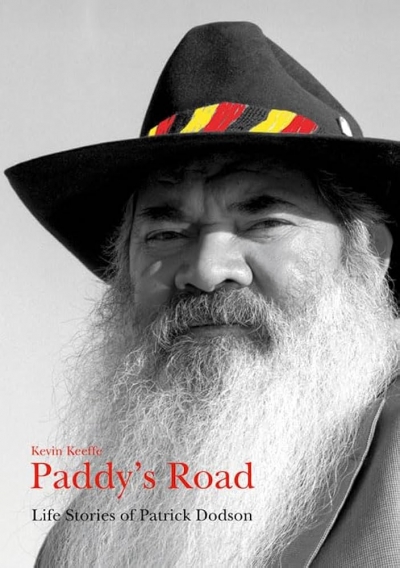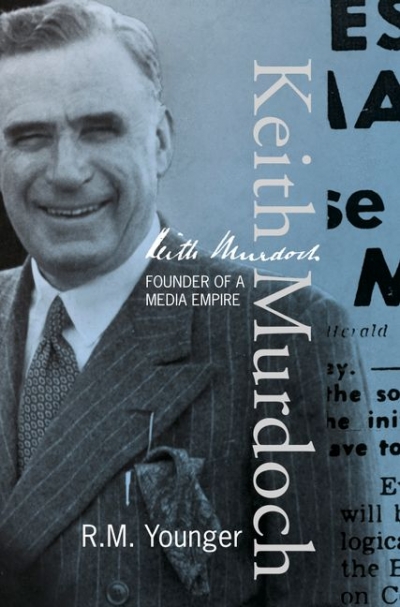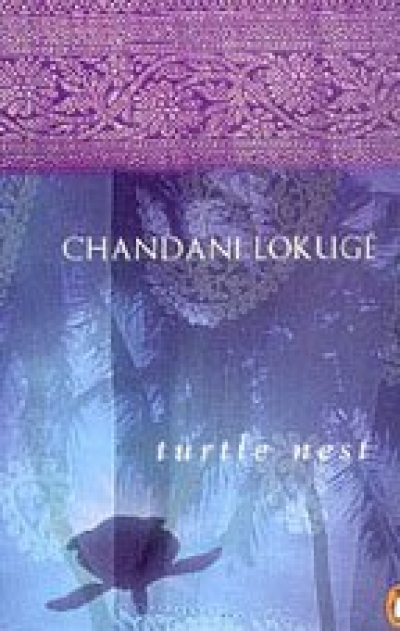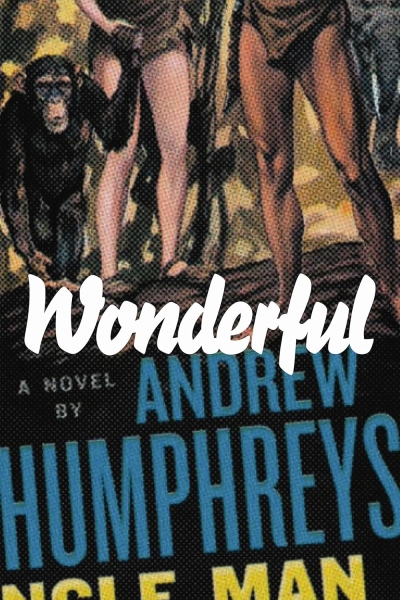Archive
Car Wars: How the car won our hearts and conquered our cities by Graeme Davison
by Gideon Haigh •
Car Wars: How the car won our hearts and conquered our cities by Graeme Davison
by Gideon Haigh •
The Best Australian Essays 2003 edited by Peter Craven
by Chris Wallace-Crabbe •
Paddy's Road: Life stories of Patrick Dodson edited by Kevin Keeffe
by Ceridwen Spark •
Keith Murdoch: Founder of a Media Empire by Ronald M. Younger
by Bruce Page •

